When Tamir Adar left his wife and two children, Asaf, 7, and Neta, 3, in the secure room of their home on 7 October 2023 he told them: “Two minutes, I’ll be back.”
He was going to join the Nir Oz kibbutz’s three other “first responders” after an alarm but could not have known that hundreds of Hamas gunmen had broken through the community’s perimeter fence.
“Until this day, his son is still asking ‘when’?’,” said Tamir’s brother Nir, 36. “He says, ‘He told me, he’s coming back’… We want to close the story.”
Tamir, 38, was shot in the stomach during a firefight with 150 Hamas militants at the kibbutz just 4 miles from Gaza.
The job of his volunteer team was to hold off any attackers for 20 minutes to allow the Israel Defense Forces time to arrive. The soldiers didn’t arrive. Tamir and his friends held them for two hours.
At 8.26am, 14 minutes before they were overcome, Tamir sent a text message to his wife: “Don’t open the door. Even if it’s me.”
Badly injured, Tamir was initially left for dead. A second Hamas wave that brought the total number of gunmen up to 500, took him back to the southern city of Khan Younis in Gaza. His death that day was confirmed in January last year.
“Now we’re we’re sitting here two years later and I have more details, but we didn’t know anything for three months,” Nir said.
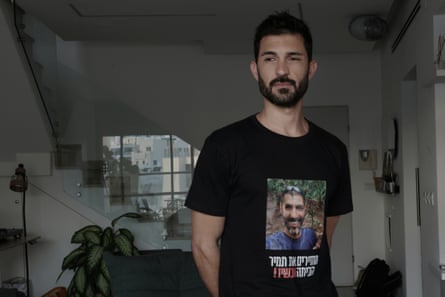
Nir lived opposite his brother and next door to Shiri Bibas, 32 and her sons Kfir, nine months, and Ariel, four, who also died in Gaza. After the return of the remains, Israel said a forensic analysis showed the children had been killed with “bare hands” in November 2023. Hamas said the family had died in an Israeli airstrike.
Nir’s grandmother, Yaffa Adar, then 85, was abducted by Hamas on a golf cart from the kibbutz. She was returned a month later.
Nir is sure he only avoided his own slaughter and that of his two young daughters by holding “strong and quiet” on the door handle of his safe room as the intruders tried to force their way in.
Israel celebrated on Monday as the final 20 living hostages held in Gaza were returned as part of a ceasefire deal heralded by Donald Trump as the end of the war. Before introducing Trump at the Israeli parliament, the Knesset, its speaker Amir Ohana had symbolically removed his yellow hostage pin. But of the 28 deceased hostages, also part of the deal, 19 remain missing – including Tamir.
“We feel like we have been betrayed,” said Nir sitting at the kitchen table in his new home, a flat in Tel Aviv. “On 7 October morning, my brother was one of the first people in Israel who went out to the borders of Israel to fight to save lives.
“Maybe if he and his friends had not done it, these terrorists could go to other settlements deeper in Israel. They saved Israel. My family is paying the price. My brother gave his life to this country, but today, the country is not bringing him home.”
Without a body his mother has not given up hope that Tamir is alive, said Nir. “All of our family is kidnapped in Gaza.”
The last week has opened up a fresh schism in Israeli society. Exhausted by the war, many desperately just want to turn the page. But others feel that the end goal has not been achieved. “Nobody should be removing their yellow ribbons or other displays of solidarity until all of the victims have been returned,” the Jerusalem Post said in an editorial on Friday. “The war is not over.”
Nir said he believed that Israel should not fulfil its side of the ceasefire deal if Hamas continued to stall. “If Hamas is breaking the deal, the deal is now stopped. Israel should stop anything that Hamas wants in return, such as fuel, the Rafah border crossing [to Egypt] opening, anything.”
Hamas has said that it does not know the location of the remains or cannot retrieve them.
Nir described this as “more terrorism” from Hamas. Ruby Chen, the father of the Israeli-American hostage Itay Chen, who was just 19 when he was killed by Hamas in his tank and taken to Gaza on 7 October, said he agreed.
He said he had been waiting for the “most difficult phone call you will ever get in your lifetime”, informing him of the return of his son’s remains.
“And when the day ends and you don’t get it, you feel disappointed. Now, how sick is that? It doesn’t feel like two years. It feels like a continuous day that hasn’t ended.”
Itay’s commander, Daniel Perez, 22, was returned by Hamas this week and laid to rest.
“You would assume, if they were taken together, and they knew where Daniel was, how did they not know where Itay is?” Chen said.
A quietly spoken New Yorker, and joint US-Israeli citizen, Chen has met with both Joe Biden and Donald Trump over the last two years, urging them to pull out all the stops to bring the hostages back. Before the ceasefire talks, he told the US special envoy, Steve Witkoff, of his concerns.
Chen, speaking from a park in Netanya, said he continued to hold out hope, noting that Witkoff also lost a son, Andrew, who died at the age of 22 of a drugs overdose.
“My wife told him something that I hope very much resonated with him by saying: ‘When you feel sad or you need to be with him, you have a place to go to’,” Chen said. “That gap is a very significant one.”



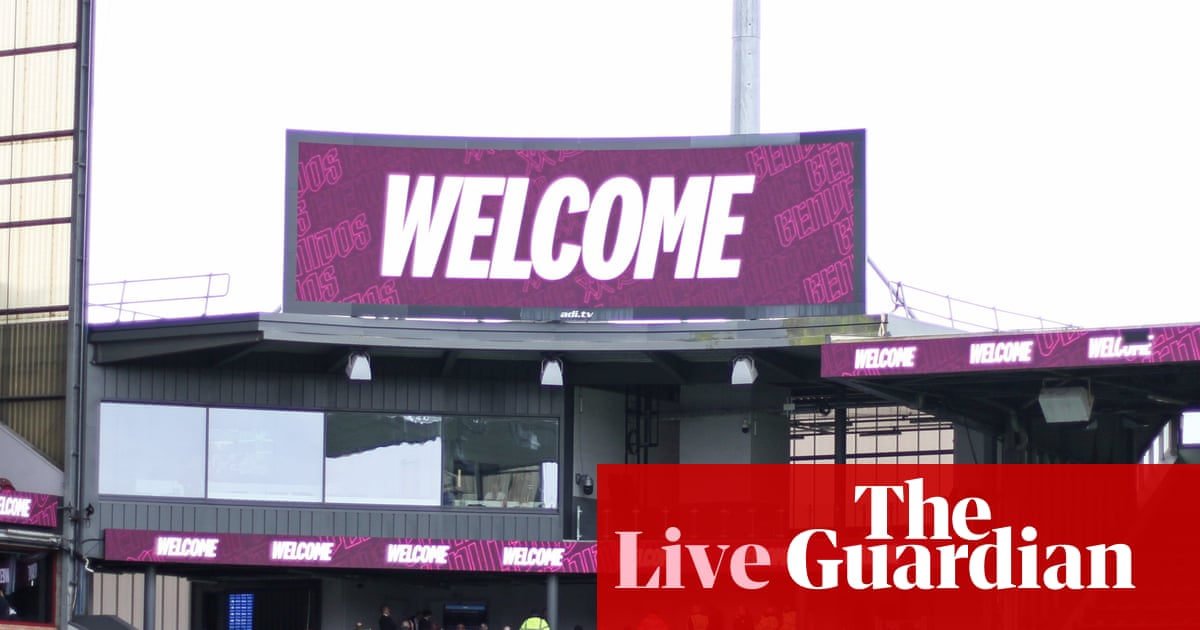
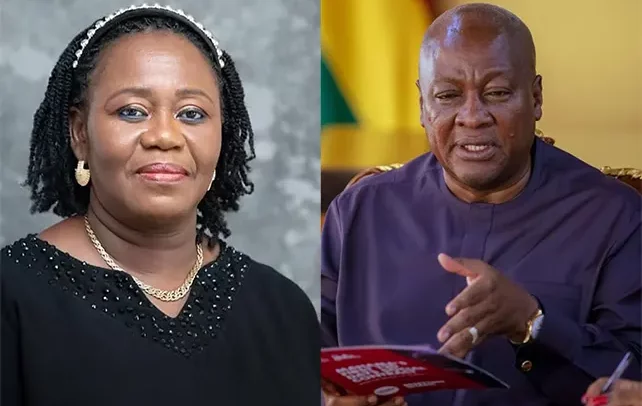
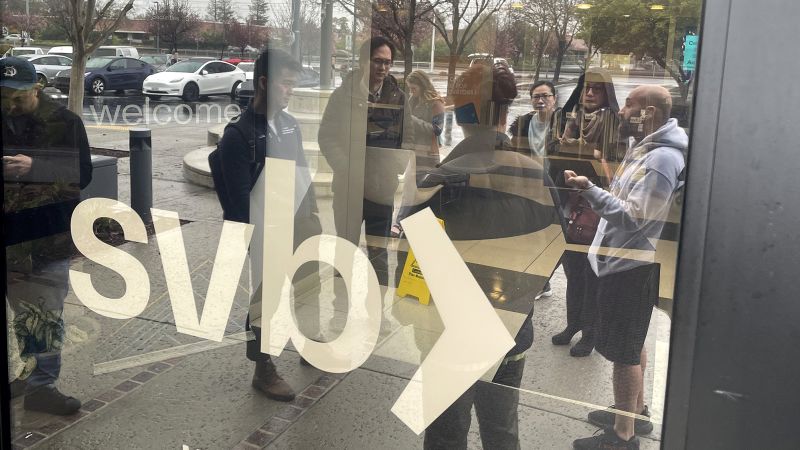

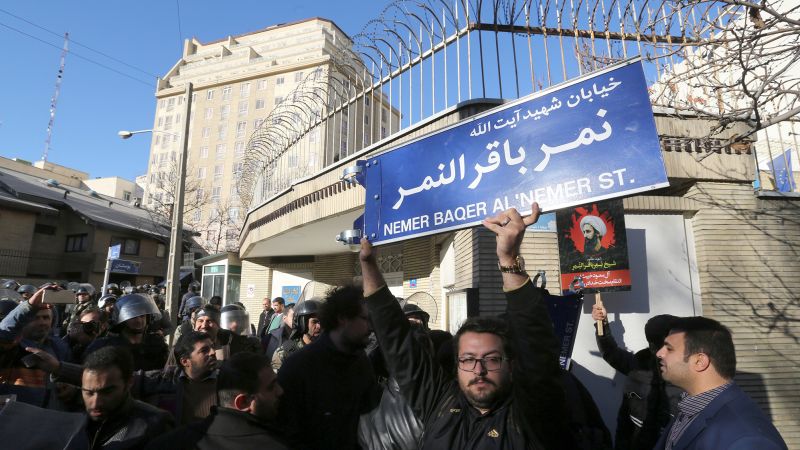
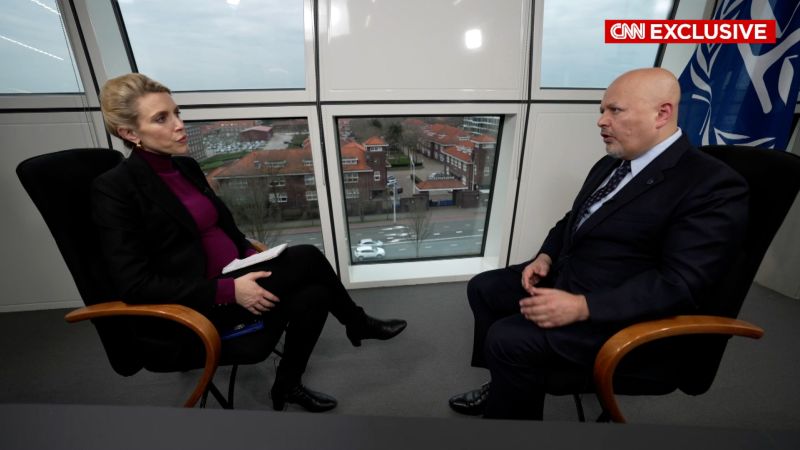
 English (US)
English (US)